Science has retracted a high-profile immunology paper after a probe concluded the corresponding author had committed misconduct.
The paper — which initially caught media attention for suggesting a protein could help boost the immune system’s ability to fight off tumors — has been under a cloud of suspicion since last year, when the journal tagged it with an expression of concern, citing a university investigation.
That investigation — at Imperial College London — has concluded that the paper contained problematic figures that were the result of research misconduct. All were prepared by last and corresponding author Philip Ashton-Rickardt, who took full responsibility. Even though the paper was published in 2015, some original blots and accompanying details have disappeared.
Today, the journal released a retraction notice: Continue reading High-profile Science paper retracted for misconduct
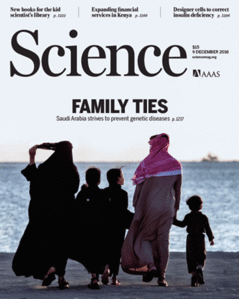
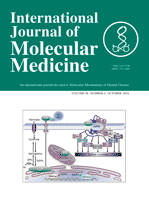
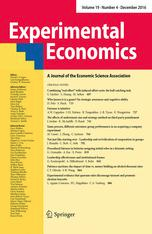
 An investigation into the lab of a prominent cancer researcher in British Columbia has revealed nearly 30 acts of misconduct.
An investigation into the lab of a prominent cancer researcher in British Columbia has revealed nearly 30 acts of misconduct. 
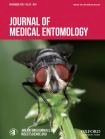

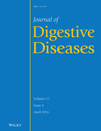
 In August, Science told us it was
In August, Science told us it was